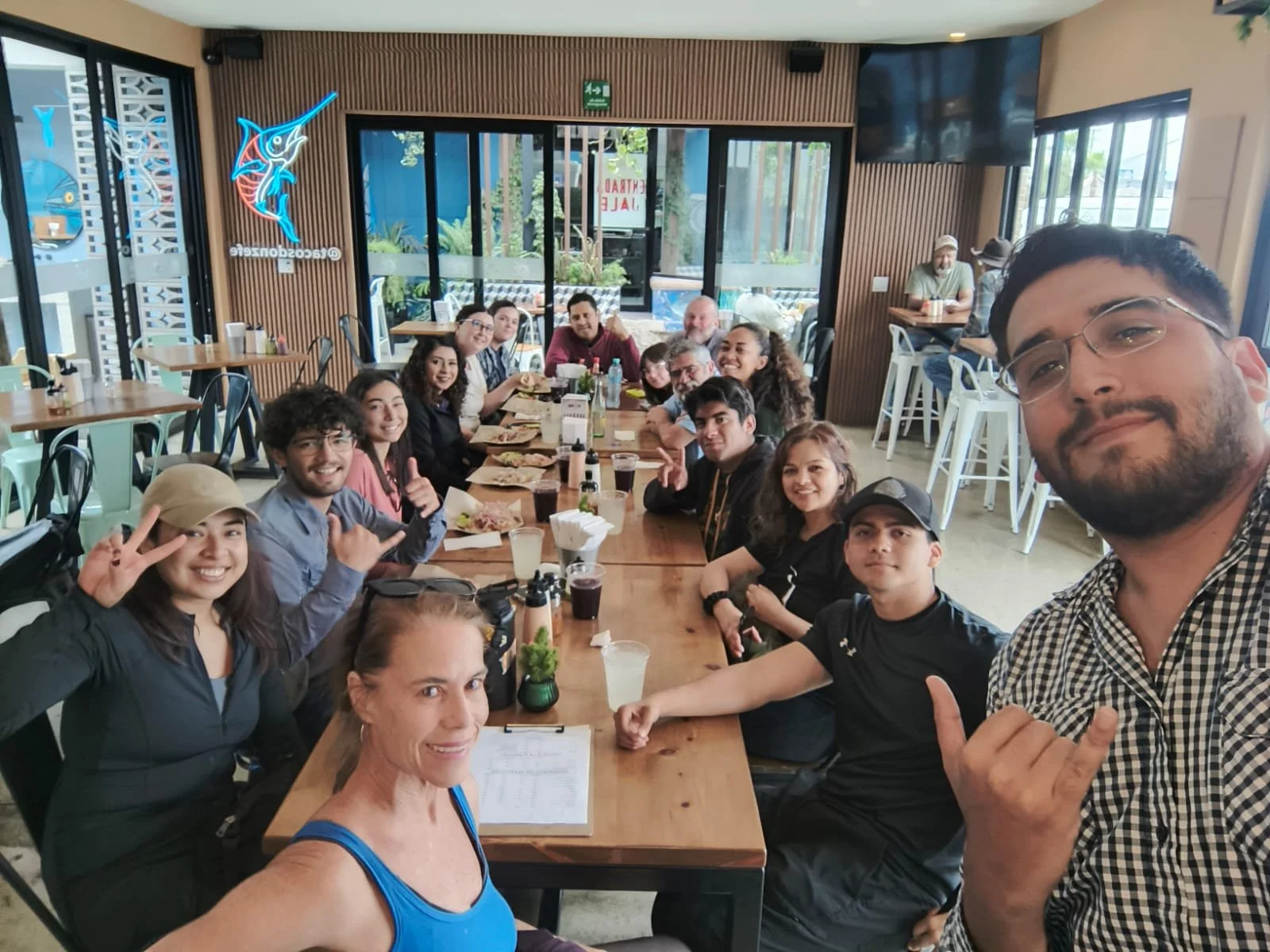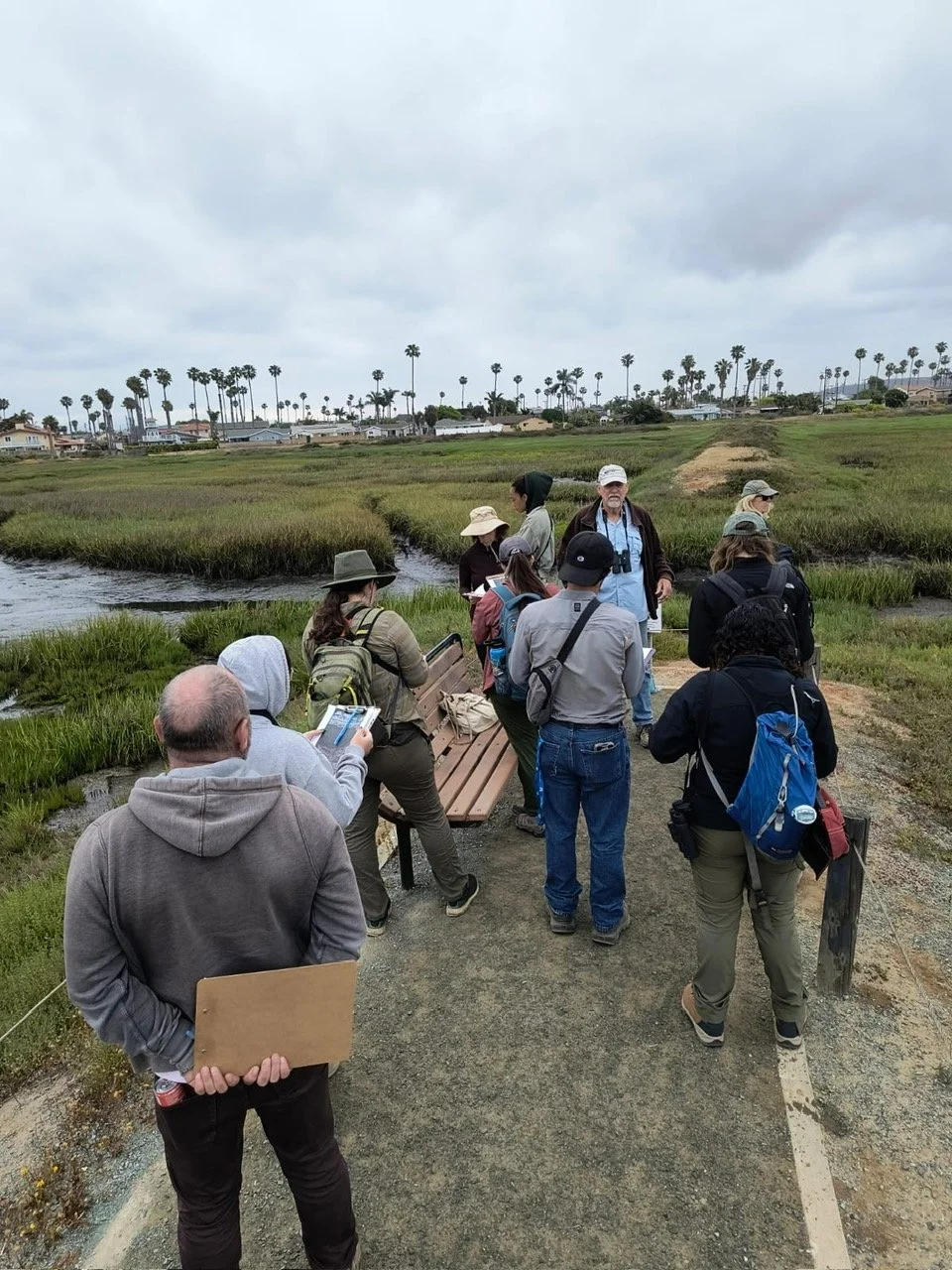Crossing Borders for Conservation: The Rails that Connect Us
On May 27–29, 2025, Tijuana Slough (California, USA) and Estero de Punta Banda (Baja California, Mexico) became the stage for something historic: the 1st Binational Light-footed Ridgway’s Rail Workshop & Annual Survey.
The Light-footed Ridgway’s Rail (Rallus obsoletus levipes) is one of North America’s most elusive birds. Endangered and highly dependent on coastal salt marshes, its populations have long been threatened by habitat loss, pollution, and human disturbance. Despite their critical status, few people ever see these secretive rails.
The workshop was created with a clear purpose: to unite researchers, conservation practitioners, and students from both sides of the U.S.-Mexico border to share knowledge, improve monitoring techniques, and strengthen conservation strategies for this species. By working together, we aim to build a long-term, binational network to protect the rails and their fragile marsh habitats.
For three unforgettable days, Imperial Beach to Ensenada participants tracked rails in the field, learned standardized survey methods, and discussed habitat restoration and management practices. We shared knowledge, ideas, and meals under the open sky, forging connections beyond borders.
This effort would not have been possible without the support of Richard Zembal, Tony’s Camp, Pro Esteros, USFWS at Tijuana Slough NWR, Huntington Beach Wetlands Conservancy (HBWC), and CICESE, who believed in this vision and supported scholarships for young leaders from both countries.
The results so far are promising: over 250 detections and more than 80 pairs of Light-footed Ridgway’s Rails recorded in Baja California this season, with 205 individuals documented in a single coordinated survey. These numbers highlight the value of collaboration and standardized monitoring, offering hope for the species’ recovery.
This workshop was more than fieldwork—it celebrated binational conservation, a reminder that protecting wildlife requires crossing boundaries, sharing knowledge, and learning together.
Hiram Moreno



